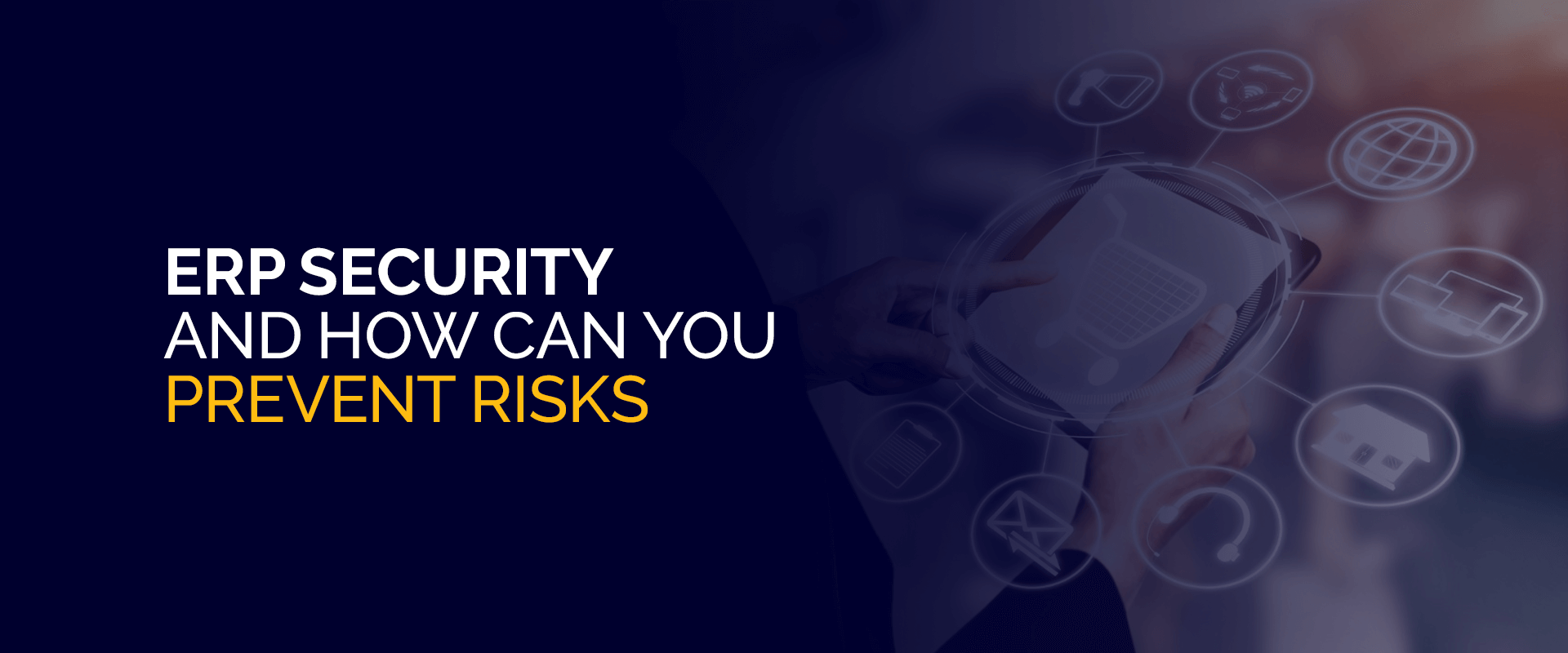

Get 93% OFF on Lifetime
Exclusive Deal
Don’t miss out this deal, it comes with Password Manager FREE of cost.
Get 93% off on FastestVPN and avail PassHulk Password Manager FREE
Get This Deal Now!By Nancy William No Comments 4 minutes
Enterprise Resource Planning (ERP) system is one computer software that contains all the necessary and vital data of the administrative departments of an organization. ERP systems, like Katana ERP, help better manage the organization as it makes running operations in the organization easier and hitch-free. Now, how does this system maintain cybersecurity? Well, this is where ERP security comes in.

ERP security is a series of preventive measures taken to ensure your ERP system is protected from illegal access. In clearer terms, it keeps the integrity of your ERP system.
Regardless of the benefits of the ERP system, having all crucial data in one software puts such data at high risk and increases its vulnerability to a hacker. If they can compromise any part of the system, they gain access to valuable information and assets of the organization. This is why ERP security is fundamental to securing your organization from external threats.
Recent research has shown that cyber attacks on ERP systems have increased as it is not only essential to businesses but also highly susceptible. Some of the common vulnerabilities of the ERP system that cyberbullies leverage include the following:
ERP security helps to protect your organization’s information by:
The following are some of the best practices that your business can use to promotor ERP security and prevent risks:
Finally, it is imperative that organizations pay utmost attention to cyber security and not just depend only on ERP vendor tools. All hands must be on deck, and necessary actions needed should be taken regardless of the cost.
© Copyright 2024 Fastest VPN - All Rights Reserved.


Don’t miss out this deal, it comes with Password Manager FREE of cost.
This website uses cookies so that we can provide you with the best user experience possible. Cookie information is stored in your browser and performs functions such as recognising you when you return to our website and helping our team to understand which sections of the website you find most interesting and useful.
Strictly Necessary Cookie should be enabled at all times so that we can save your preferences for cookie settings.
If you disable this cookie, we will not be able to save your preferences. This means that every time you visit this website you will need to enable or disable cookies again.


